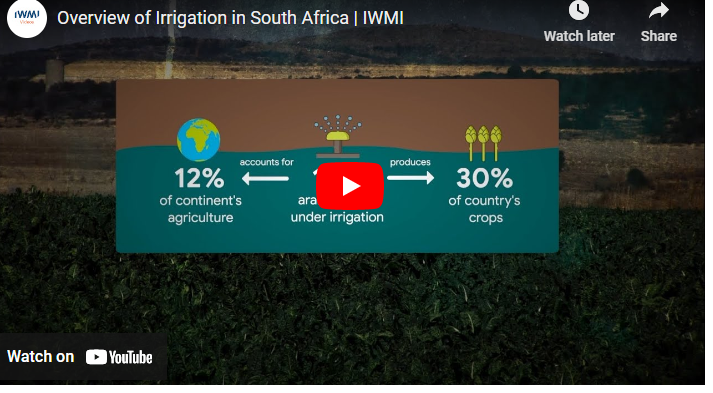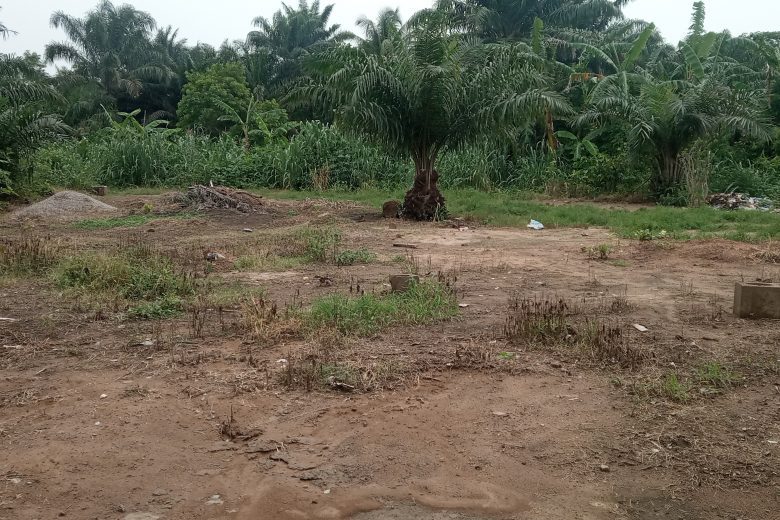Maize, also known as corn, is a staple crop in many parts of the world and is widely grown for both human consumption and animal feed.
To achieve optimal yields and maintain the long-term health of maize fields, farmers must implement a number of agronomic practices.
Here are some of the best agronomic practices for maize production, integrate proper soil preparation, select high-quality seed variety, and plant your maize seed at the right time. apply fertilizer and control pests and weed on your maize farm.
10 Best Agronomic Practices In Maize Farm Production
Proper soil preparation:
Before planting, it is important to prepare the soil properly. This includes testing the soil to determine pH levels, nutrient content, and soil structure. Based on these results, farmers can apply the appropriate amendments to improve soil fertility and structure.
Read Also: 6 Best Agronomic Practices For Tomatoes Farmers
Use high-quality seeds:
Using high-quality seeds is essential for a healthy and productive maize crop. Look for a seed that is certified, disease-free, and has a high germination rate.
Plant at the right time:
Timing is crucial when planting maize. The best time to plant is when soil temperatures have reached a minimum of 60 degrees Fahrenheit. Planting too early or too late can result in poor germination and reduced yields.
Proper spacing:
Maize plants need enough space to grow and develop properly. Planting at the correct spacing will allow for proper root development and reduce competition for sunlight and nutrients.
Use appropriate fertilizer:
Proper fertilization is essential for a healthy maize crop. It is important to use the right type and amount of fertilizer based on soil test results. Over-fertilization can lead to excessive vegetative growth and reduced yields.
Control weeds:
Weeds can compete with maize plants for sunlight, water, and nutrients, reducing yields. Regularly removing weeds by hand or using herbicides can help to keep them under control.
Irrigation:
In some regions, irrigation is necessary to ensure a healthy maize crop. It is important to use the appropriate irrigation methods and schedule to avoid over-watering or under-watering the plants.
Pest and disease management:
Maize crops are susceptible to a variety of pests and diseases. It is important to monitor crops regularly for signs of pests or diseases and take appropriate action to control them.
This may include using pesticides or implementing cultural control measures such as crop rotation.
Harvesting:
Harvesting maize at the right time is crucial for achieving optimal yields. The best time to harvest is when the maize ears are fully mature and the kernels are dry.
Proper storage:
After harvesting, it is important to store the maize properly to prevent spoilage and maintain quality. This may include drying the maize before storage, and keeping it in a cool, dry place.
Conclusion
In conclusion, maize production requires careful planning and attention to detail. By following these best agronomic practices, farmers can achieve optimal yields and maintain the long-term health of their maize fields.
It is important to keep in mind that these practices are not fixed, and farmers should be prepared to adapt to the local weather conditions and soil characteristics.



